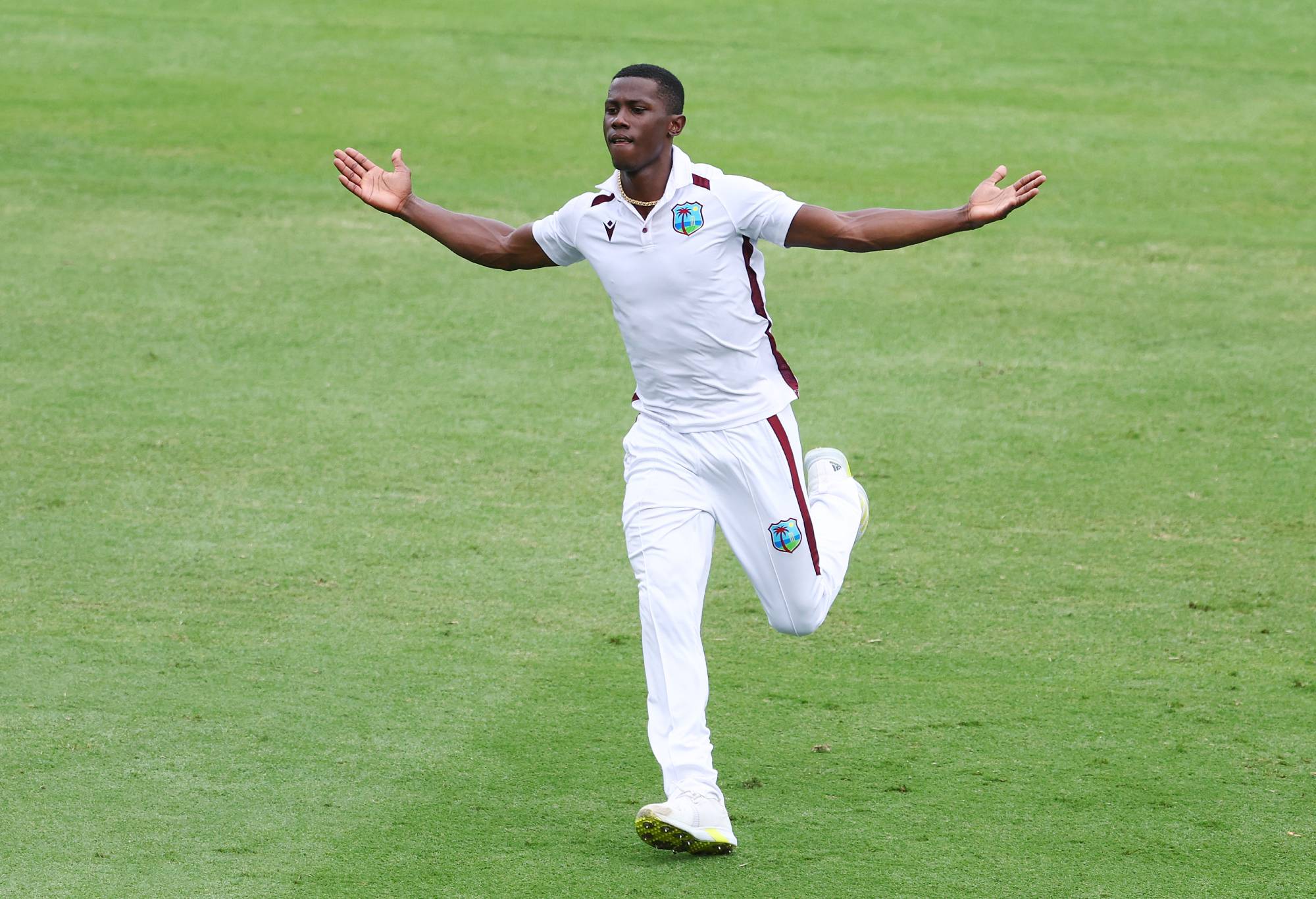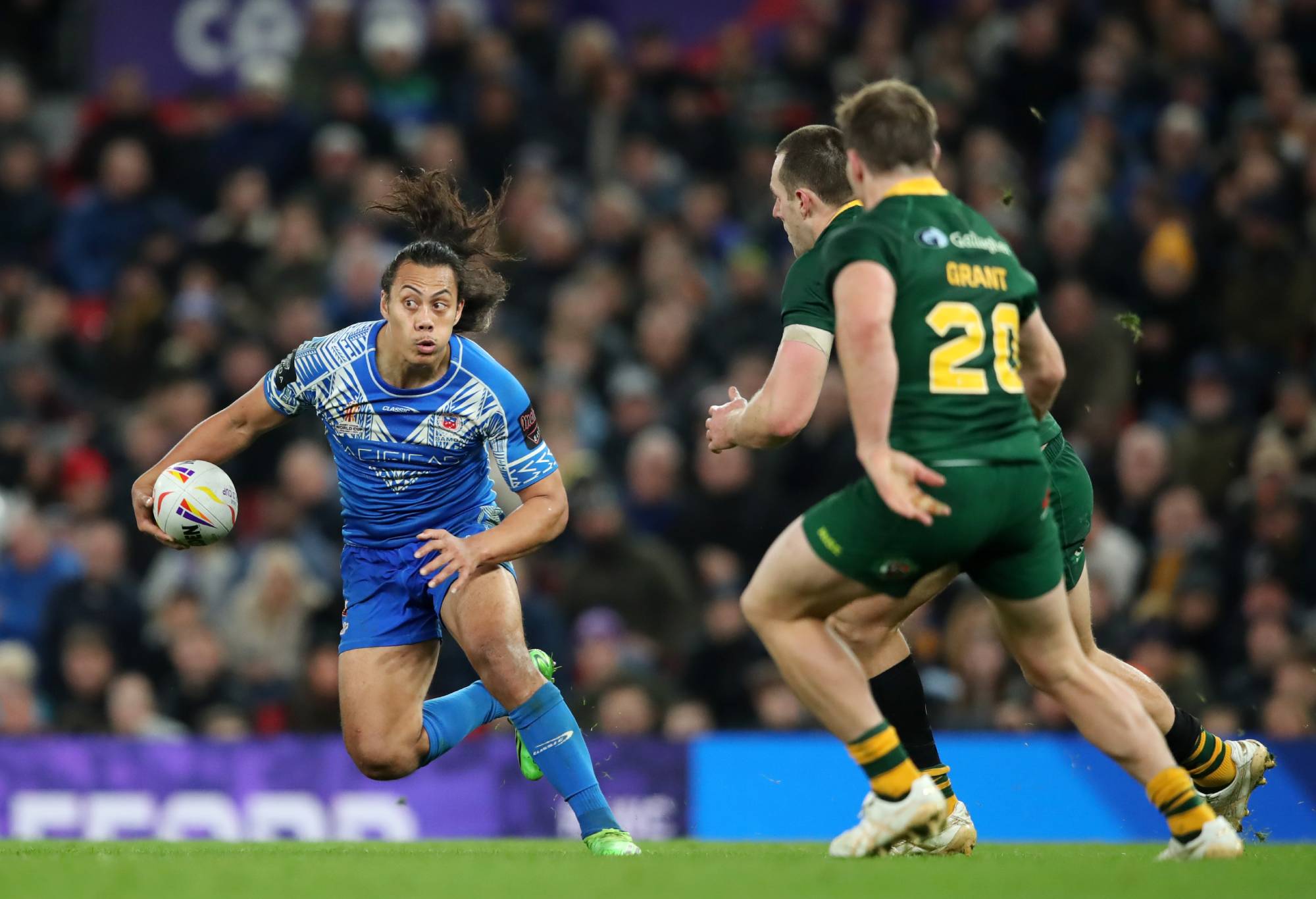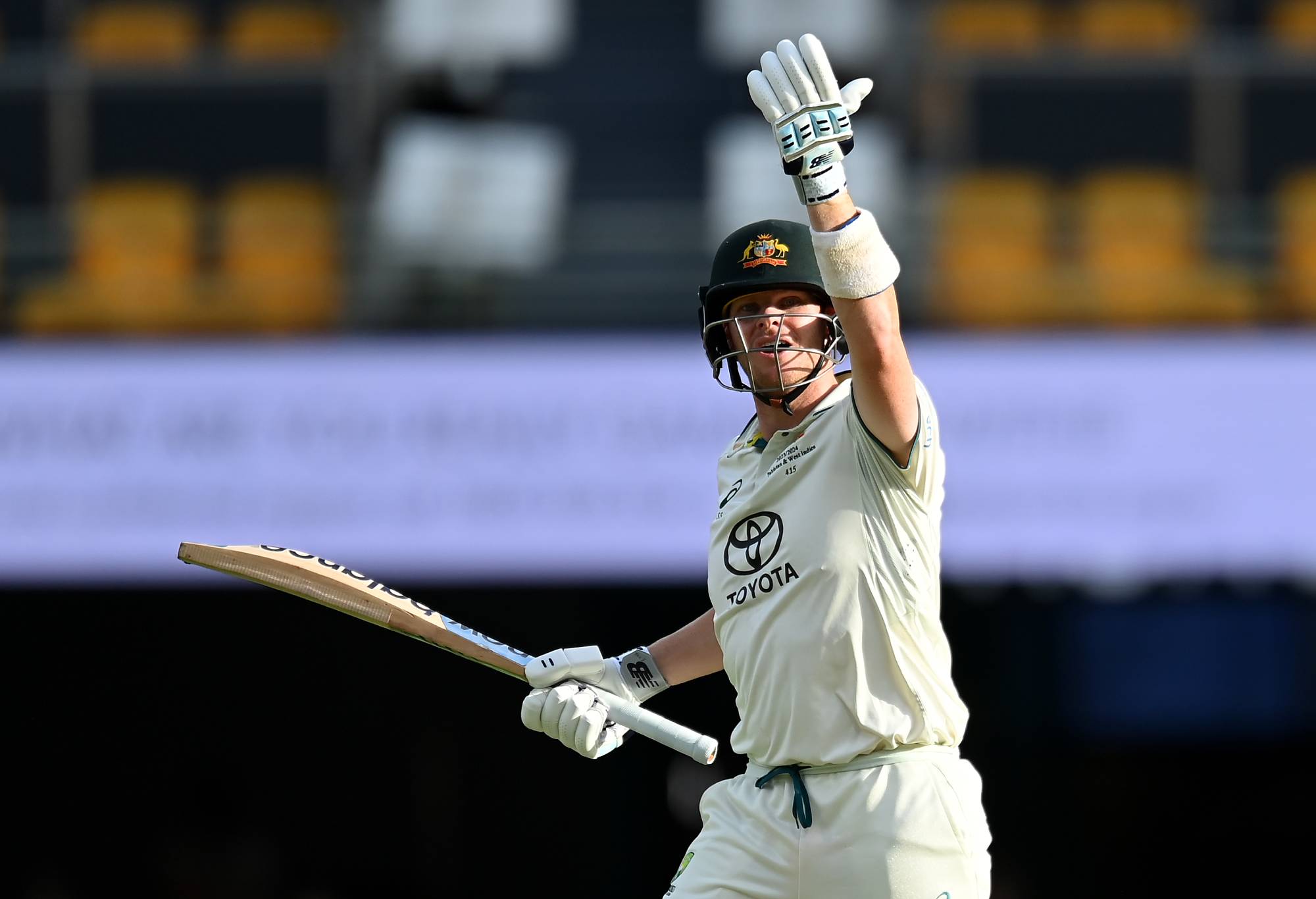Australians are among the sportiest people on Earth.
Much as we like to play code wars with each other, the fact that we can even juggle three national sports at maximum popularity is frankly remarkable. Most countries struggle for one.
This journalist has lived in five different countries, and in four of them – England, Germany, France and the Netherlands – it is football, fresh air, then whatever of cricket, handball, cycling, and speed skating is in season.
In my native Ireland, we do manage to split between Gaelic sports, rugby union, boxing and soccer, but that does somewhat depend on your region and ethnic group, and they don’t really exist in a code war sense like in Australia. Here, we manage to split obsessions like nowhere else.
It does present a bit of a problem on a global scale, because the Australian market power is so dominant that Australia’s own representatives often face the problem of having nobody to play against, and thus a fanbase that, whisper it quietly, often wants their own side to lose for the good of the sport.
In that sense, Shamar Joseph and James Fisher-Harris are unlikely bedfellows as they have done the unthinkable this summer: defeated Australia in a way that made a large portion of watching Australians very happy indeed.
Australia is, obviously, not the global power of cricket, but it is one of the three global powers that hold the keys to whether Test cricket will continue to be a thing or not.
In rugby league, the NRL is the undoubted powerhouse, with a league that obliterates the UK and France, and provides the players for 50% or more of the World Cup.
In AFL, Australia is literally is the only nation that plays and is something of a canary in the coalmine for what a sport looks like when nobody else participates. At least the GAA has a diaspora.
It was hard to ignore the groundswell of love for the West Indies on Sunday afternoon, which was written large across social media.
We could put that down to the stunning performance from Shamar Joseph and the fairytale that he has embodied over the last two matches of this tour, but a lot of it comes from the knowledge that the game itself is bigger than Australia.
Playing cricket on Friday afternoon, when the news filtered through at the drinks break that Australia were 4/24, the reaction was not despair, as it might have been if James Anderson had ripped through the top order. It was excitement.
Test cricket, the format itself, needs a strong West Indies.

(Photo by Chris Hyde – CA/Cricket Australia via Getty Images)
Those of us old enough to have enjoyed Brian Lara, Courtney Walsh and Curtly Ambrose – not to mention anyone older who may have seen Messrs Richards, Marshall and even Sobers – know the potential in the Caribbean.
But the same was true for Pakistan in their visit this summer, and you didn’t need to have seen Wasim Akram or Waqar Younis bowl to know that. People wanted them to win because it was better for the game, including a lot of Australians.
Sat in the SCG Ladies’ Pavilion on Day 1, the feeling was that Aamir Jamal and Mohammad Rizwan’s swashbuckling 10th wicket stand was exactly what was needed, and that wasn’t just from the Pommy contingent. It was a lot of Australians too.
The same was seen in November during rugby league’s Pacific Championships, where the outpouring of love for Fisher-Harris and his Kiwis following their superb victory was there for all to see.
These were majority Aussie fans celebrating the defeat of Australia, not because of a lack of patriotism but because they knew that it was the best outcome.
Even at the start of that tournament, when the Kangaroos defeated Toa Samoa with relative comfort, the principal story was not the green and gold, rather the Melbourne Storm wunderkind Sua Faalogo. Another Australian win meant nothing.
Ditto last year, when the Kangaroos won the World Cup in Manchester: it wasn’t about James Tedesco and co, but the narrative that had seen Samoa overturn a thrashing in their first game to defeat eternal rivals Tonga and then hosts England in dramatic circumstances to make their first Final.

(Photo by Jan Kruger/Getty Images for RLWC)
The images of fans from Apia, Auckland, Campbelltown and Utah celebrating in the middle of the night were the best of the tournament and showed what international rugby league could be.
This isn’t some sort of anti-Australian rant, by the way.
In other sports, the shoe is on the other foot and Australia winning is the best option for the advance of the sport itself.
One only needs to remember the Matildas’ dream journey in their home World Cup, or the scenes in the middle of the night at Fed Square as the Socceroos advanced in Qatar, or even Tim Tszyu and George Kambosos’ progress in making boxing mainstream entertainment again in this country.
We might even include the Wallabies in that.
As much as the All Blacks enjoy it when they retain the Bledisloe Cup for the 700th time, their marketing department would probably prefer it if they had a competitive opponent across the Tasman.
In England, few things are funnier than Australia losing – the Barmy Army trumpeter could be heard playing ‘Rally ‘Round the West Indies’ in Hyderabad on Sunday – but they would still like the rugby union team to be a live proposition to tour and host rather than a basket case to prop up.
It’s better for global rugby union if Australia are good at it, something that Socceroos and Matildas fans would feel about football in Australia, but that doesn’t carry over for cricket and rugby league, because there’s a difference between Australia winning all the time and being one competitive nation among many.

Steve Smith of Australia reacts during day four of the Second Test match in the series between Australia and West Indies at The Gabba on January 28, 2024 in Brisbane, Australia. (Photo by Albert Perez – CA/Cricket Australia via Getty Images)
In cricket, Australia mostly wins and when they lose, it’s generally to one of England or India, the other two financial powerhouses.
Given that they will be the next two nations to tour these shores, the question of allegiance won’t be on the table as much as it has been this summer.
It won’t be until 2026/27, when Australia have Afghanistan (if that happens) and Bangladesh (whom they have avoided hosting since 2008) that this question comes up again.
Between now and then, they will need to continue their recent streak as good global citizens, preferably by working with the other two bigger nations to work out of a funding pool so that our new favourite tourists, Joseph and Jamal, actually get to play Test cricket at all before they next visit.
If this summer has taught us anything, it is that competitive opposition is what Australia needs most, to the extent that their own supporters want them to lose so that it is encouraged further.
In rugby league, this is old news. The international game has long lived or died based on how much the Aussie public wants to pay for it.
When the Kangaroos lost in November, it immediately galvanised support for next year’s event, with the Kiwis having something to defend and Australia a top spot to reclaim.
Those who supported the upset against their own country this time might not next time – and that’s OK. The international game needed the Aussies to lose.
What is best for sport in general is a competitive balance, and it is something of an international outlier that the three sports most popular in this country are among the most imbalanced internationally.
The only comparable example is perhaps the United States, where they have one sport in which nobody else bothers, the NFL, then another two in which need to lose to someone to make it interesting.
They’ve won 24 of 29 basketball gold medals across male and female competitions and in the recent FIBA World Cup, sent a side that slanted towards youth over big names. They lost, but nobody cared.
Conversely, the US only recently began sending a full team to the World Baseball Classic, such was the lack of interest on the home front. Their big guns played in 2023 and were rewarded with an all-timer in the final against Japan. They lose and this time it meant something, setting up international baseball for years to come.
Australia finds itself in a similar position now, with very little competition in the sports that it cares most about and a need to lose a little more often for the betterment of the game as a whole.
It might be un-Australian to cheer against the national team – but it is the best option for those who love the sports themselves.































































































